News
-

“We have become an obesogenic society” say Anne Roefs and Gijs Goossens in an interview with the Limburger.
-

Scientists at the biomedical MERLN Institute of Maastricht University and the Maastricht University Medical Center have succeeded in growing an embryo structure of human identical twins purely from stem cells, without using an egg or sperm cell. Thanks to this culture, scientists are now seeing for the first time how twins are formed.
-
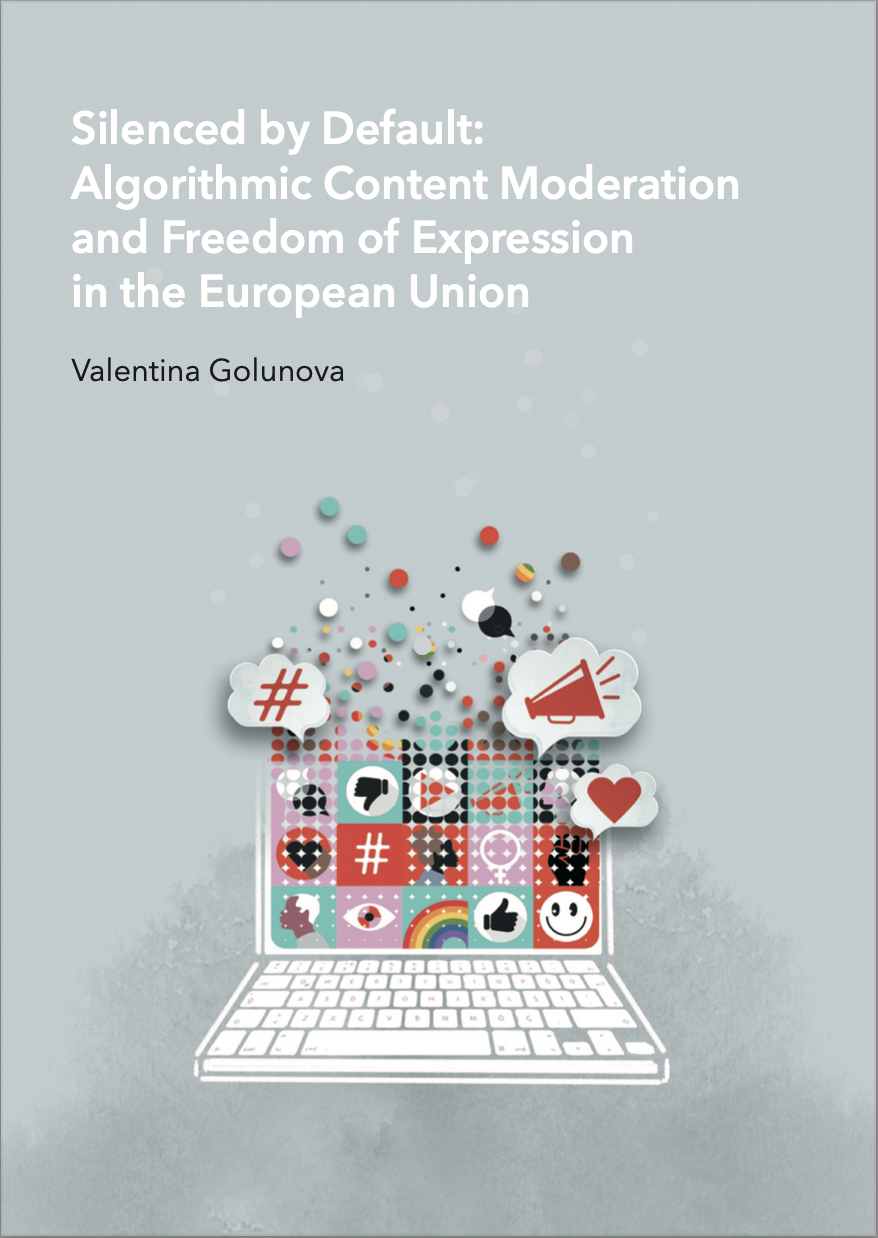
PhD thesis written by Valentina Golunova
This thesis has examined how the use of algorithms for the detection of illegal or harmful content on online platforms affects freedom of expression of EU citizens. Algorithmic content moderation is often hailed as an innovative solution to the problem of violative activity in the digital environment. The EU actively encourages online platforms to develop and deploy automated tools for addressing illegal material uploaded by their users. However, the excessive reliance on these tools can undermine the quality and diversity of public discourse online, silencing traditionally marginalised voices. Although the EU has recently adopted ambitious pieces of legislation regulating the market of digital services and AI systems, none of them comprehensively addresses the threats to freedom of expression posed by algorithmic content moderation. This thesis outlines a potential future regulatory framework that would ensure the responsible use of automated tools in content moderation. -
Students at Maastricht University can turn to the Wellbeing Team for a year round programme focused on mental and physical health. This includes a wide range of lectures and workshops on the Wellbeing Wednesdays as well as two annual Wellbeing Weeks full of activities such as the Wellbeing Wednesdays and the two annual Wellbeing Weeks, but also peer-to-peer activities. You can find the complete Wellbeing Movement offer here.
-
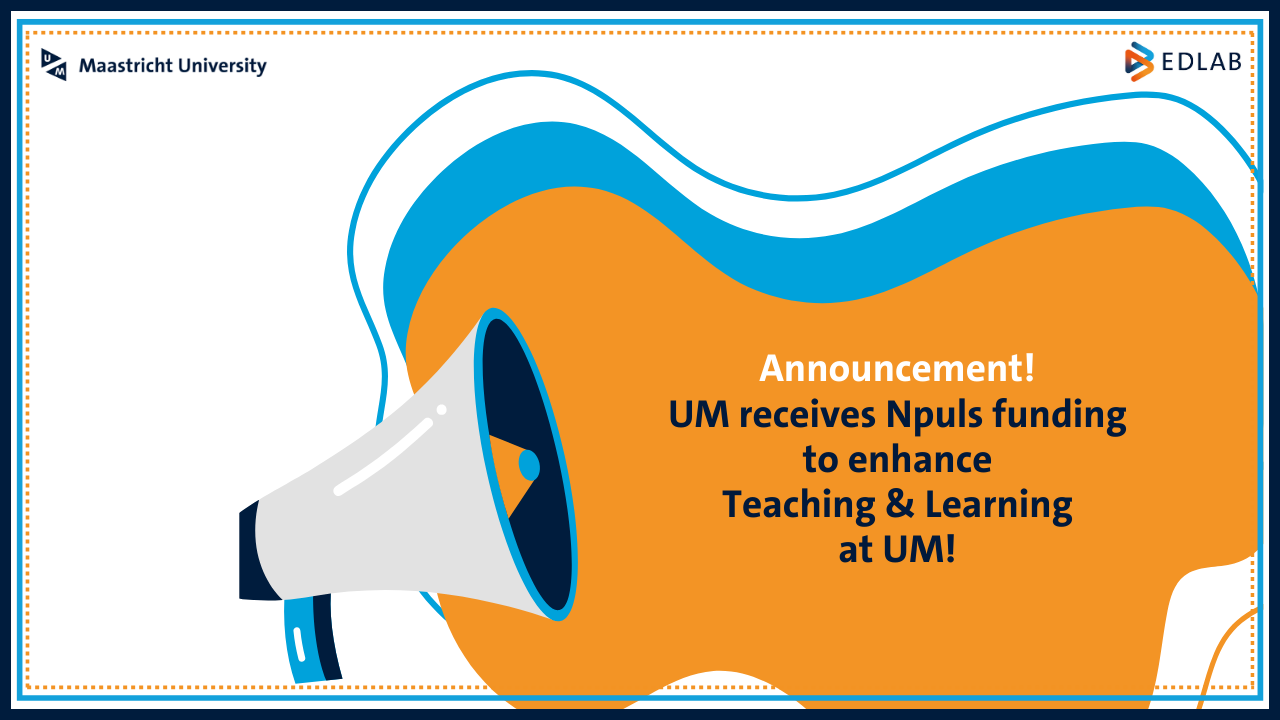
We are delighted to announce that EDLAB – Maastricht University Centre for Teaching & Learning has been granted a Npuls-CTL subsidy totalling nearly €500,000 for the period 1 September 2024 to 1 September 2027.
-
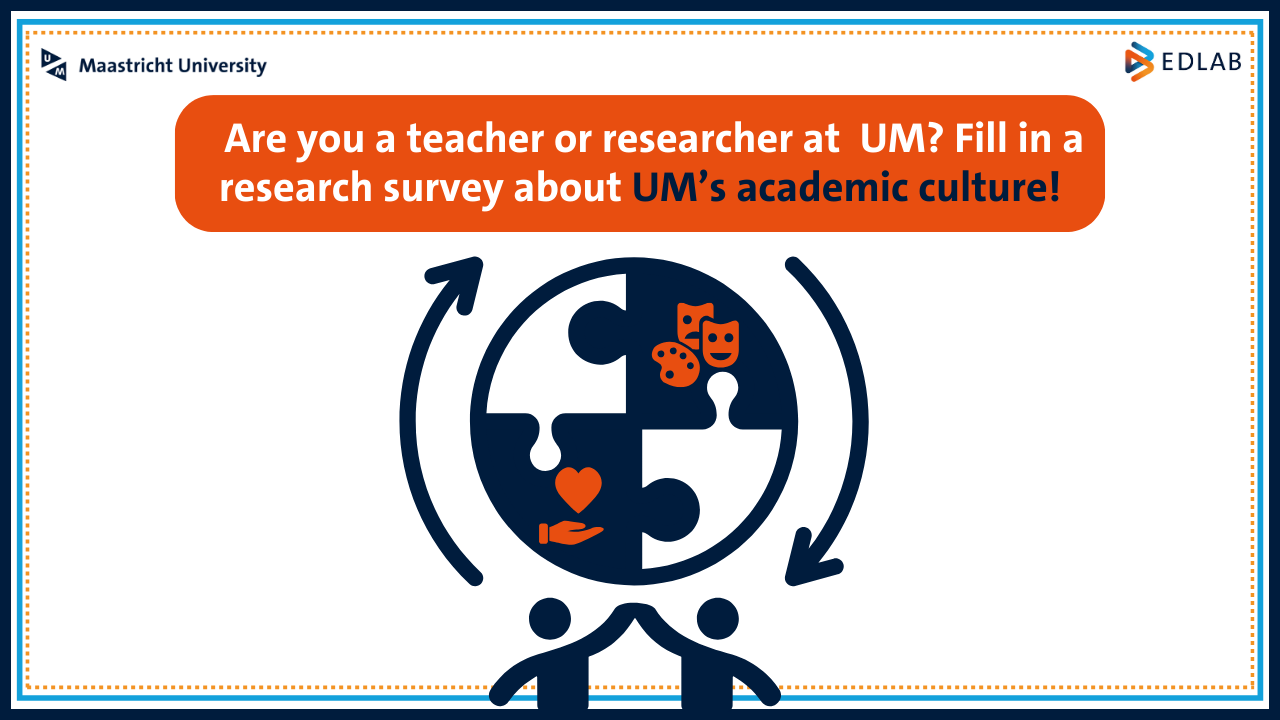
Are you an academic staff member at Maastricht University? Your insights matter!
-
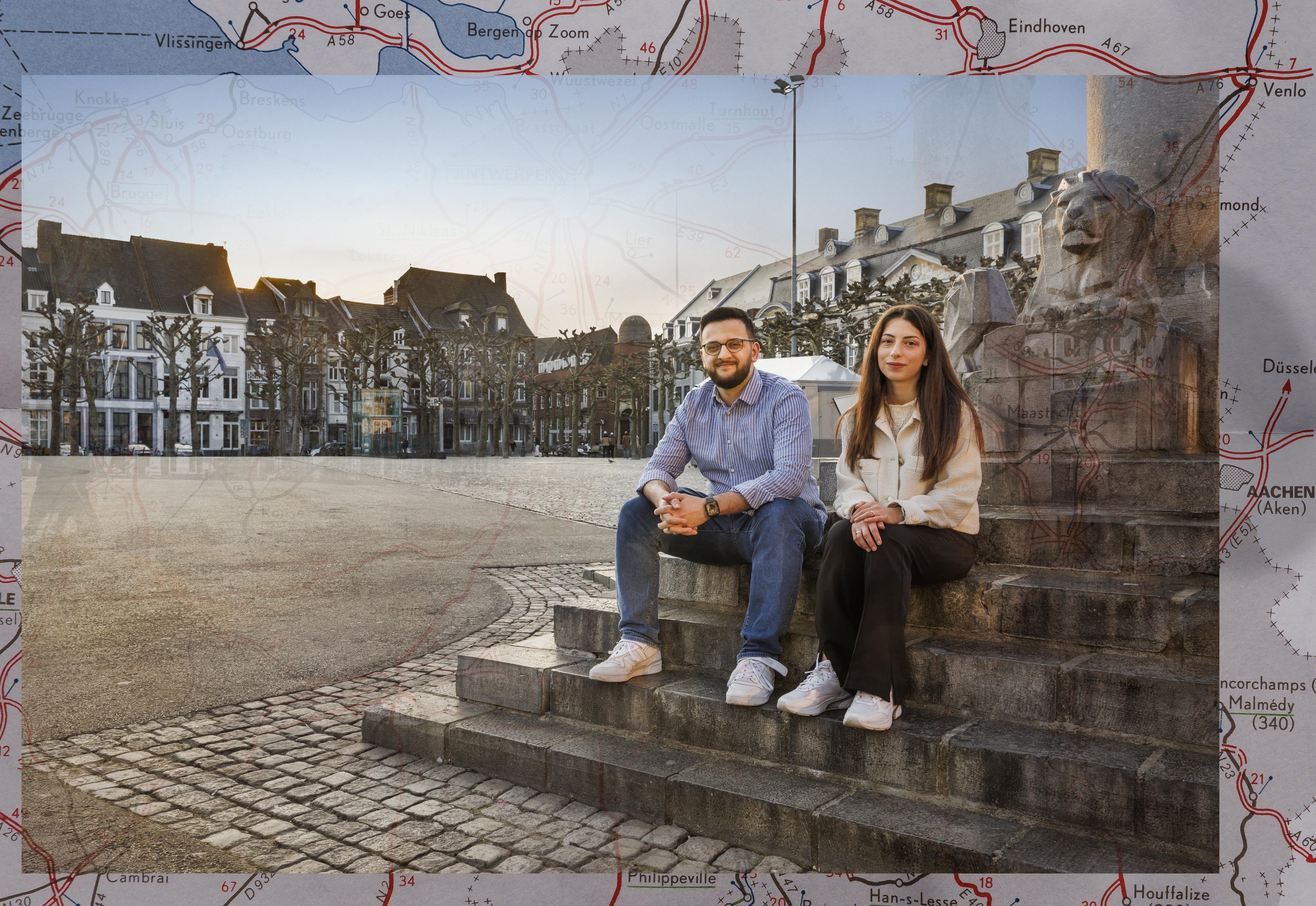
How an honours programme is staving off brain drain
In the KE@Work programme, students solve a complex, real-world problem while working at a local company. An honours track of the bachelor’s in Data Science and Artificial Intelligence, KE@Work provides ambitious students with valuable work experience. Moreover, it contributes to keeping bright minds in the region.
-

According to the latest figures from the HBO Monitor by the Research Center for Education and the Labor Market (ROA) at Maastricht University, college graduates are in a strong position in the labor market. Barbara Belfi, project manager and researcher at ROA, mentions, "With an unemployment rate of 2.8% in 2023, the same as the previous year, the outlook for recent graduates remains positive."
-
-
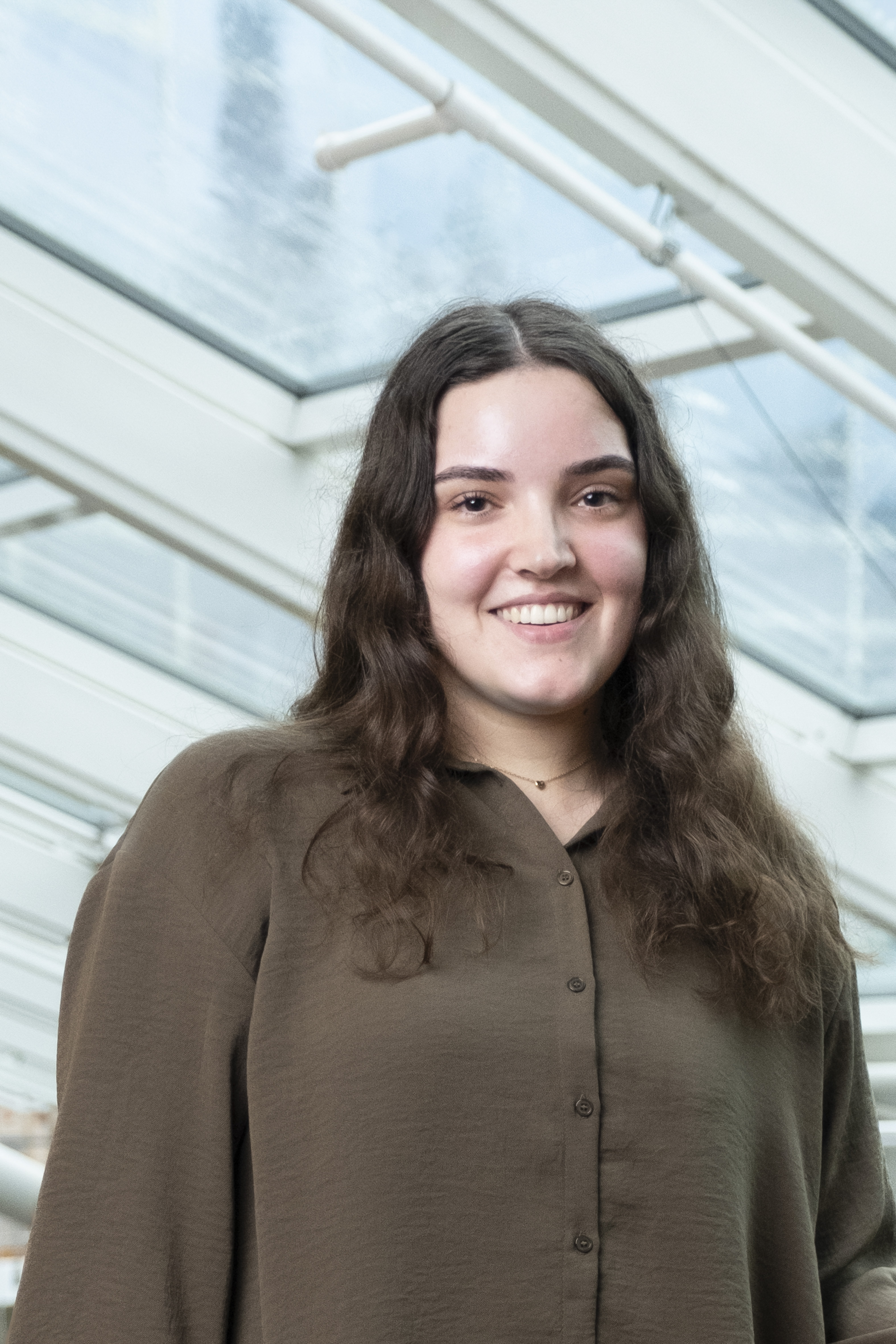
Ylana Sour (19) already knew halfway through secondary school that she wanted to be a paediatrician when she grew up. “When I was three or four years old, I had a bad experience with a doctor myself. I hope that later on, when I’m a doctor, I can show that it can be done differently.” Ylana is now in the first year of her Medicine degree. She is also the first in her family to go to university. “If you think about it, that is quite special. ‘Finally, someone will become a doctor’, proclaims my mother almost daily. I have to laugh about that.”